Some non-weird non-old books
I try to keep this blog focused on its original mandate of reading Weird Old Books. However, I do read various other books that aren't weird, aren't old, or aren't either. Here are some of my favourites that I read this year. These aren't necessarily the best books I read, only the ones about which I have something interesting to say.
This will be my last post for the year so I wish you all a happy holidays. In the new year I'm planning to have plenty more Clark Ashton Smith stories, plus reviews of books by Joanna Russ, Michael Moorcock, Clifford D. Simak and Barrington J. Bayley.
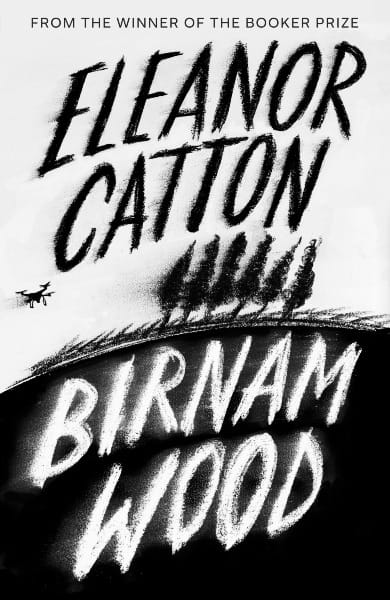
Birnam Wood - Eleanor Catton
This was one of the best new(ish) books I read this year. It's a literary eco-thriller about an anarchist gardening collective, who receive an unexpected offer of funding from an American billionaire. As the left-wing greenies debate whether they should sully their hands by accepting the money, they are unaware that their benefactor is only using them as a smokescreen for his real business venture, which is something so profitable and so illegal that he will do absolutely anything to keep it secret.
This is a book that really delivers both as a literary work and a genre thriller. It has an utterly compelling and fast-paced plot, yet also finds space to dig deep into its characters' inner worlds. The glue that binds these two aspects together is the way Catton focuses on the unexpected consequences of how we relate to each other. Even the smallest details of interpersonal communication--a brief word, a glance, an email--can have ripple effects that grow and grow until they lead to something deadly.
Reading Birnam Wood, my thoughts were drawn back J. Arthur Boyle's article "The Artist’s Self-Interest" , which I read at the start of the year. Boyle's central argument is that the modern publishing world forces literary authors to give up their artistic integrity in pursuit of what he scornfully calls "real page-turner-dom", e.g. genre fiction; his core example is Cormac McCarthy, who (Boyle alleges) was made to abandon the literary ambition of Blood Meridian in favour of elevated genre works like No Country For Old Men and The Road.
As a lover of old books, I'm naturally sympathetic to Boyle's general sentiment that We Used To Have A Proper Publishing Industry and that capitalist conglomeration has gone and fucked it all up. But I also feel that some of the most interesting books emerge precisely from this friction between literary ambition and genre constraints, and among them are No Country For Old Men and Birnam Wood and also a bunch of yellowed paperback fantasy novels that I write a blog about.
The Years of Apocalypse - UraniumPhoenix
An ongoing web serial hosted on Royal Road. Mirian, a student at a magical academy, discovers she is trapped in a month-long time loop, which ends every time with the moon crashing into the earth. She sets out to stop this from happening, but it's very difficult.
Royal Road serials have certain requirements to be successful; the readers expect certain tropes and story structures, and aren't shy about complaining when they don't get what they like. UraniumPhoenix had managed to satisfy these requirements while also exploring serious political themes through a lens that is essentially leftist, but clear-eyed and scoured of idealism.
The Years of Apocalypse's central question is: given infinite do-overs, can a single person solve a crisis that is political and ecological in nature? If you were Bill Murray in Groundhog Day, could you fix climate change? Could you even put a dent in it?
The Marxist view of history would traditionally answer "no", because history is driven by broad historical forces, not by individuals. But of course, real life individuals don't have time travel on their side! And while Mirian is steadily growing in terms of raw magical power (learning how to fly and shoot lightning and so on) her real growth is in her understanding of where power really resides in a society: who makes the decisions, and what you have to do to change their minds.
(Disclaimer: UraniumPhoenix is an internet friend of mine, so this review is somewhat biased--unlike my other opinions which are all objectively correct.)
Murder on the Orient Express, The ABC Murders, Peril at End House - Agatha Christie
Reading these books for the first time in 2024, I was struck by how unlike modern mystery novels they are. Christie's novels don't have character arcs. They barely even have emotional beats. The protagonists are appealing and fun to hang out with, but they're ultimately just viewports through which the reader can explore Christie's intricately constructed puzzles. In many ways these books have more in common with puzzle gamebooks than they do with other novels.
Subsequent mystery novels (of whatever subgenre, whether cozies or historical mysteries or police procedurals) have generally put only the minimum level of effort into constructing a mystery-puzzle with a fair but surprising answer. Instead, they have focused on all the stuff that Christie didn't bother with: character development, atmosphere, action setpieces, etc. And I wonder if Christie, by being so good at what she did, paradoxically poisoned the well for future writers.
Mystery twists, unlike most elements of fiction, are not an inexhaustible resource. There are only a finite number of puzzle solutions that are elegant enough to really surprise and thrill the reader, and Christie probably discovered 90% of them. So if you're a post-Christie mystery novelist, what are you going to do? All your solutions are just variations on things Christie already did. Your only hope of surprising the reader is if they haven't read Christie--but they have, because she's sold more books than anyone except God. So the only way for the genre to advance was to focus on the areas that Christie had neglected.
This is just my speculation, though, as I don't read mystery novels anywhere near as much as fantasy or sci-fi, my first loves.
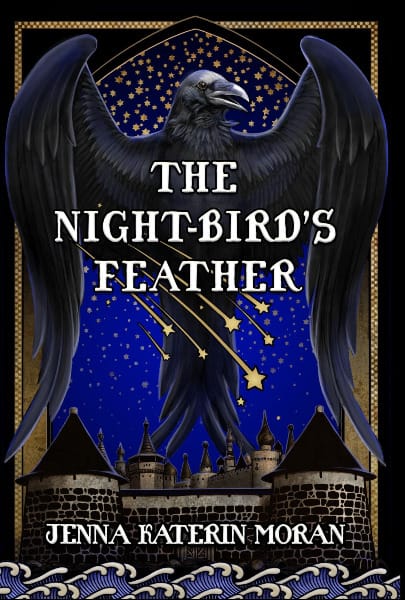
The Night-bird's Feather - Jenna Katerin Moran
One of the best novels I read this year. I was going to write a whole post just about this, but I didn't because a) I want to keep the blog focused on older stuff and b) trying to succinctly describe this book is a nightmare. It's a fantasy novel, except it's more surrealism than fantasy, and it's not exactly a novel but a collection of linked short stories, but all the stories are north of 10,000 words so they're really more like novellas. Most of the stories are about a family of Russian expats who have emigrated to the void beyond reality, and who can time travel in dreams to visit their descendants and their ancestors. Some stories also follow that family's friends and acquaintances, most notably: Death Himself, who is the headmaster of a school where the dead study Taoist philosophy so they can return to the fundamental emptiness that underlies all things. Moran's writing has the exuberant strangeness of Leonora Carrington combined with the piercing emotional realism of Ursula LeGuin. Look, is any of this making a lick of sense to you? Just read it, you son of a bitch.
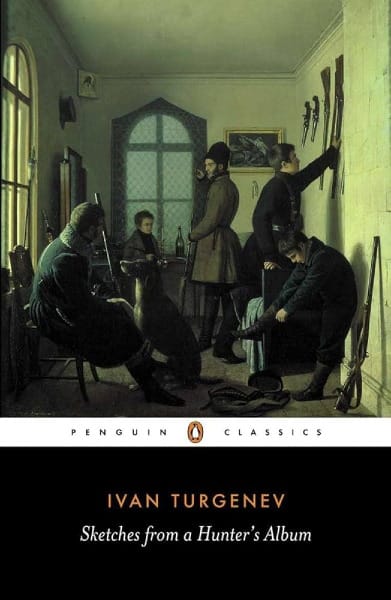
Sketches from a Hunter's Album - Ivan Turgenev
There's a meme depicting the "19th century Russian literature starter pack" where, along with various other images and themes, the phrase "SERFDOM BAD" appears over and over. I think this collection is maybe the original in the SERFDOM BAD canon. It's a series of ostensibly true stories in which Turgenev, a wandering gentleman hunter, meets various serfs in villages all around Russia, and documents the numerous absurdities and injustices forced upon them by society.
At the time, criticising the serf system was extremely risky, so Turgenev had to be a bit crafty. The result is a book where the author is trying to beat you over the head with a political point while also trying to maintain plausible deniability about it. "Who, me, criticise the Tsar? No, no, I'm just a wealthy hunter looking for birds to shoot... if I happen to mention that human beings are being bought and sold like cattle, well, that's just a bit of local colour..."
Today, serfdom is (mostly?) gone, and so the moral imperative to criticise it has waned. But Turgenev is a writer of such power that his stories are still very good to read. They have shucked off their political context and only their fundamental humanity remains. A great victory of Art over Time.
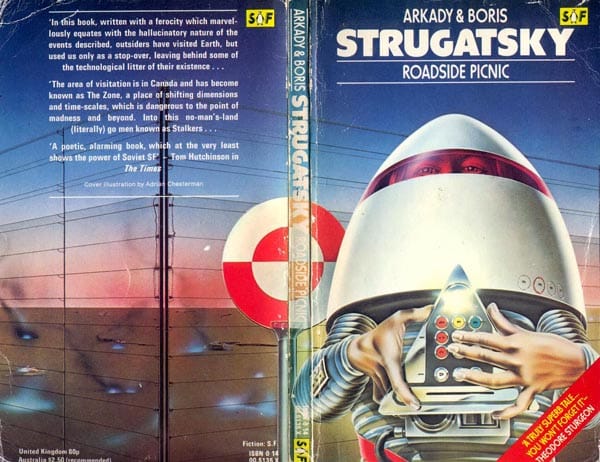
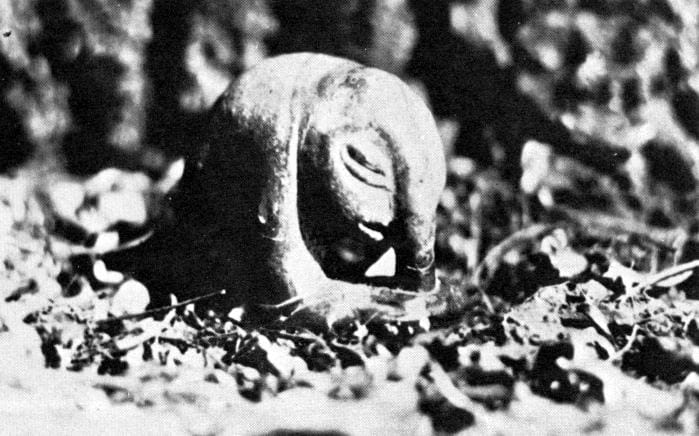
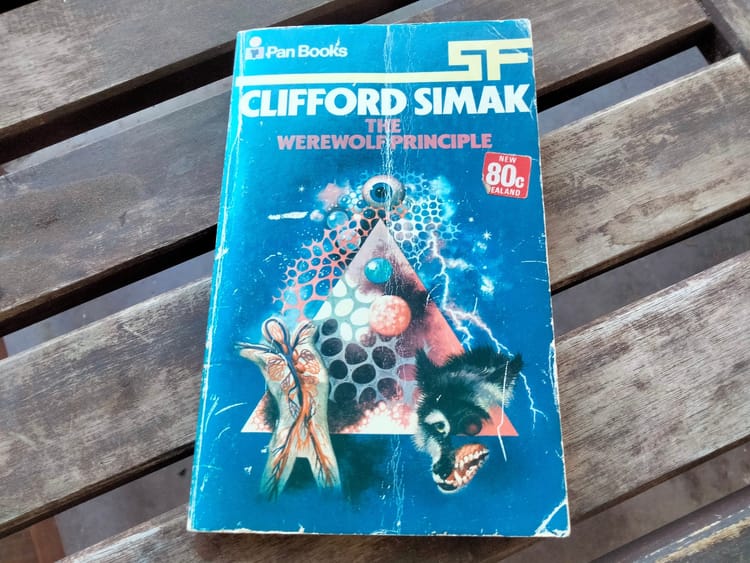


Member discussion